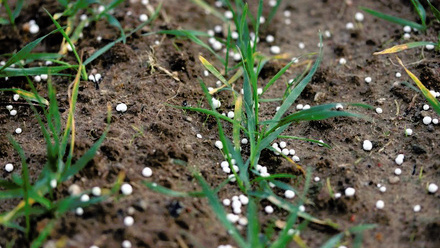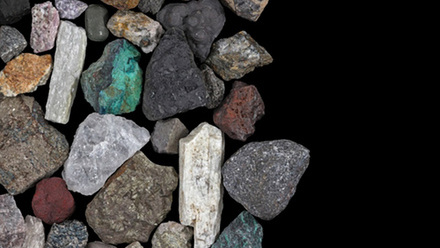ABMEC calls for STEM subjects to revive economy – raises value of mining
AMBEC has issued a statement calling for Britain to be more self-sufficient and responsive to outside market forces through STEM. Christine Blackmore BSc MSc CEnv CSci FIMMM IOM3 Vice President and IOM3 Mining Technology Division Chair responds.

According to AMBEC, if it can’t be grown (or fished) it has to be mined, and almost everything we use in everyday life has been mined. Material for batteries, mobile phones and wind farms all derive from the Earth. The importance of the industry is obvious, ABEC claims, so why it says, does the word ‘mining’ conjure up a dirty, coal-streaked face with a hard hat and miners’ lamp?
The organisation questions whether the industry should be asking for ‘material engineers’, ‘mineral extractors’ or ‘material processors’ in order to attract bright young people to study engineering, geology and environmental studies that come under the umbrella of ‘mining’? The industry has changed enormously over the years, and it’s now at the cutting edge of technology, requiring professional skills, IT knowledge, remote operators and analysists.
Camborne School of Mines (CSM), UK, recently announced that it was pausing its Mining Engineer course. At a recent meeting with over 35 participants from ABMEC and the CSM, on the subject of declining numbers of graduate British mining engineers, it was agreed to draw up a programme to encourage 16-18 year olds to consider the enormous number of opportunities available.
The mining industry offers competitive salaries, international travel, interesting careers and positions that can improve society. The lack of Mining Engineer undergraduates will cause problems in the employment supply chain, all as the world’s demand for affordable and secure energy is growing.
With BREXIT nearing, AMBEC says, Britain needs to start making things again. The benefit of increased employment in STEM improves lives and economies. The British government acknowledges the value of manufacturing and is willing to invest to boost confidence in its future.
IOM3 comments
Christine Blackmore BSc MSc CEnv CSci FIMMM IOM3 Vice President and IOM3 Mining Technology Division Chair says, ‘The skill set of the mining engineer is broad and involves everything from geology to impacts of mining on the environment and while many of the subjects create specialist jobs in their own right and indeed identified broadly in ABMEC statement. The mining engineer is generally the person who has to both manage those specialists and also take responsibility for decisions based on his own or their technical advice. Training must cover all aspects to make sure they are competent to do both. Mining management now involves understanding the business side as well as new technologies.
‘The way forward would be to the skill set needed, not into new jobs but to put the jobs into more modern terms to attract young people into the career. By encouraging the new people into mining we may have to be more careful of the language we use at the outset to get more young people interested. We need to lead with the term Critical Raw Materials and use Raw Materials Engineering rather than mining engineering’.







